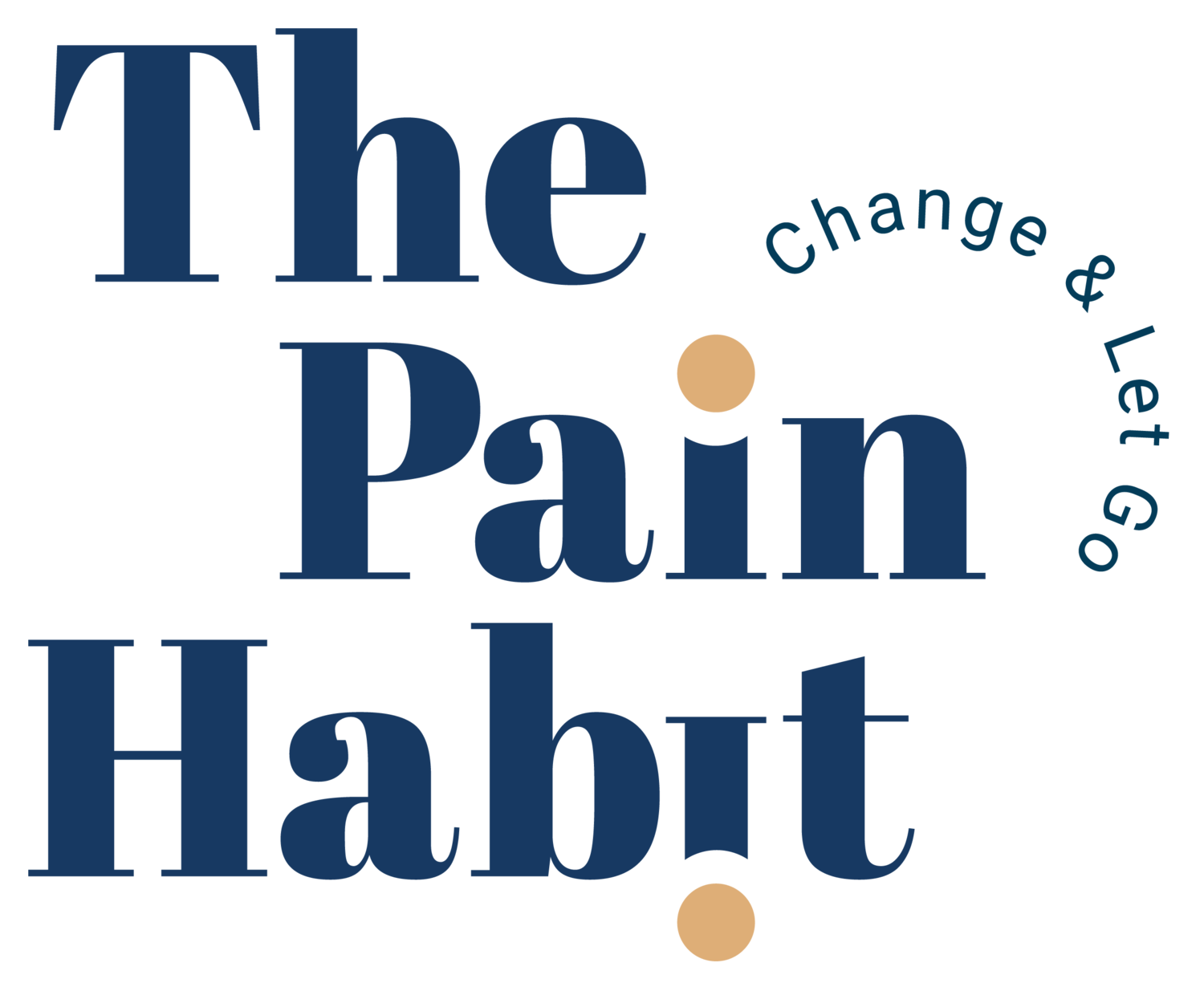What Is One Word That Can Help Change Your Pain?
One Word?
It can be strange to think that one word can change your pain, but it can. What is the word that has such power? The word is ‘No.’
It is short, simple and powerful. We often don’t realise how much it could help us with our pain.
Often pain substitutes the word ‘No’ because it manifests in the body when pushed to its limits. Whenever experienced, that painful protective sensation is the body saying that whatever you ask me to do is too much.
We don't always see it like that.
We don’t always listen to the earlier messages that we experience regarding feelings, which are warnings of potential overload before pain.
Overload Brings Warnings
Overload brings warnings. Physical, psychological and emotional overload all present danger to us as an organism with signs.
It is our responsibility to sense, interpret and act on those to limit the overload we take on in our lives and that we may allow others to place on us.
‘No’ is a powerful way to respond that represents you recognising you need to set a safe boundary. This allows you to recover from whatever load you feel is triggering a sensation in your body.
Say ‘No’ To Who?
It's a word you can say to others who expect things of you that you may have delivered for so long, but more critically, it may be a word you use for yourself. Saying ‘No’ to yourself is often one of the hardest things to do.
The people, places, times and circumstances that make you automatically and habitually say ‘Yes’ are often the invisible triggers that lead to us pushing ourselves too hard in life.
So how can you change your behaviours in a way that sets new boundaries? How can you learn to say ‘No’?
Well, start with a ‘No’ day.
A ‘No’ Day?
What is a ‘No ‘ day, you might ask?
A patient turned up happy and smiling after years of back pain and constant cyclical episodes of boom, bust and burnout. Looking after others in her job, she did the same in her time off and found very little time for the things she loved in her life.
Not being able to access the activities and rest periods that give balance to the hectic lives that many people live.
I asked what she felt had made that change, and she said that she had a ‘No’ day.
A day where she said ‘No’ to many situations where she would usually default with ‘Yes’.
Saying ‘No’ for her was liberating and much more accessible than she first feared. She started small with things that she felt were not too challenging and then repeated no.
She used it at home, at work, with friends, family and, more importantly, herself.
Have Fun With It
She felt it was playful, fun, and she noticed how she felt when anticipating saying no, whilst recognising a chronic compulsion to say yes.
Making this process playful put less pressure on her and allowed her to occasionally return to her ‘Yes’ behaviours, but she now could see the effect of the different ‘No’ behaviours and their physical effect on her pain.
Saying ‘No’ sets a boundary to others and yourself. It needn’t be aggressive, but ‘No’ means ‘No’ and doesn’t need justifying to others.
Tasks that still need doing in a specific time frame can get done but saying ‘No’ means that you’ll do those things on your terms and in your time.
Recognise Boundaries
As others start to recognise your boundaries and you realise yours, you’ll find that there are fewer challenges to them.
You will find that the compulsion to push past that ‘No’ gets less and the rewards it brings could be much more than just reducing your pain.
That itself is worth the effort of setting up a ‘No’ day. See what it brings, and perhaps it may be the catalyst for more change than you could ever imagine.
What Would ‘No’ Look Like?
How would have a ‘No’ day look to you? If it is hard to contemplate doing, then just start with contemplation. Think about how you would say ‘No’ and who to.
What situation do you think you automatically say ‘Yes’ to which you might benefit from saying no?
If you decide to have a ‘No’ day, then start small, but we’ve all got things, places, people of times where we probably need to say ‘No’ more than we do.
Tip Of Your Tongue
So that tiny word with all that power is waiting on the tip of your tongue.
Don’t spit it out or let pain masquerade it. Say ‘No’ calmly, assertively and feel liberated by it.
Feel the space it allows, notice the raised eyebrows, and enjoy the peace from the pain it brings.
Go and have a ‘No’ day.
What’s next?
Take Your First Step to Recovery.
Join our FREE private Facebook group, The Pain Habit Community, to see how others have successfully returned to a pain-free life. Get support on your journey.
Sign up for The Pain Habit Blog below.
Subscribe to The Pain Habit YouTube channel.
Buy The Pain Habit book. Order here.



